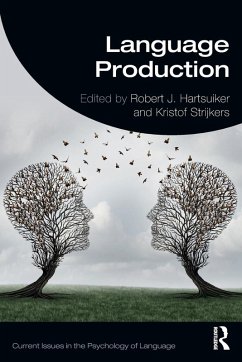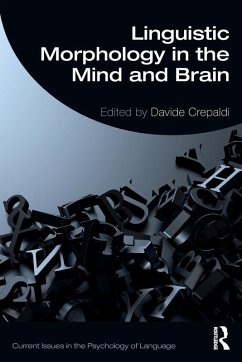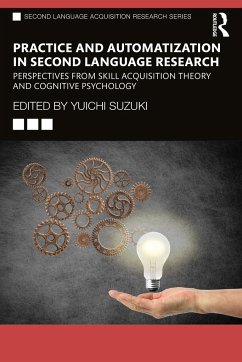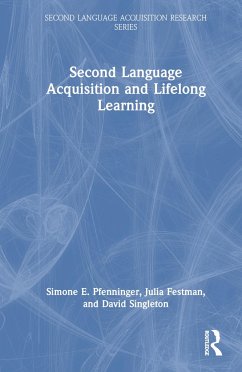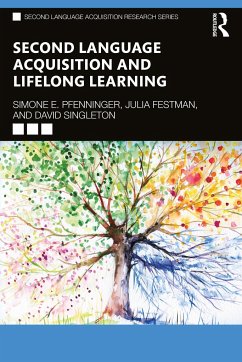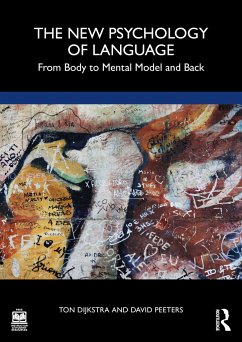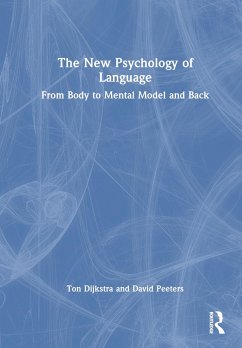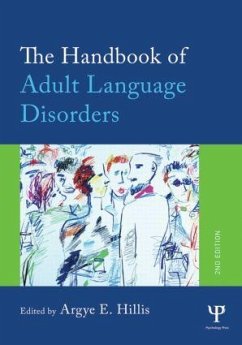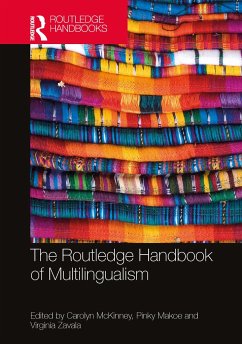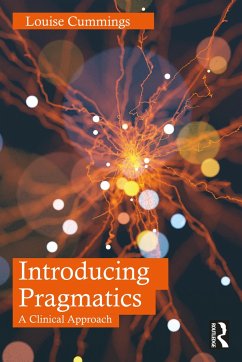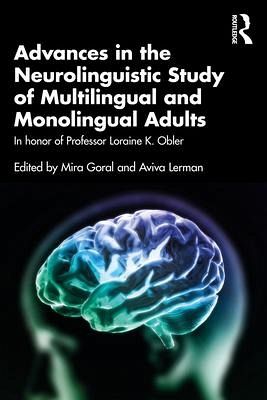
Advances in the Neurolinguistic Study of Multilingual and Monolingual Adults
In honor of Professor Loraine K. Obler
Herausgegeben: Goral, Mira; Lerman, Aviva
Versandkostenfrei!
Versandfertig in 6-10 Tagen
49,99 €
inkl. MwSt.
Weitere Ausgaben:

PAYBACK Punkte
25 °P sammeln!
This edited volume examines current themes in the neurolinguistic study of multilingual and monolingual adults and highlights several new directions the field is moving toward.The organization of the book is as follows. Part I focuses on language processing in multilingual and monolingual adults, Part II explores language processing in multilingual and monolingual adults with dementia, and Part III centers on language processing in multilingual and monolingual adults with stroke-induced aphasia. Chapters feature empirical data and/or literature reviews, discussing the key issues in the field t...
This edited volume examines current themes in the neurolinguistic study of multilingual and monolingual adults and highlights several new directions the field is moving toward.
The organization of the book is as follows. Part I focuses on language processing in multilingual and monolingual adults, Part II explores language processing in multilingual and monolingual adults with dementia, and Part III centers on language processing in multilingual and monolingual adults with stroke-induced aphasia. Chapters feature empirical data and/or literature reviews, discussing the key issues in the field that are currently engaging scholars and practitioners with topics including language attrition, cognitive flexibility, aging and the brain, eye-tracking studies of aphasia, translanguaging, and multilingualism in dementia. The book includes cuttingedge research from researchers and practitioners who are all alumni and colleagues of Professor Loraine K. Obler, to whom this book isdedicated.
Presenting crucial topics in the field, the book is highly relevant for students, researchers, and practitioners in the fields of neurolinguistics, psycholinguistics, sociolinguistics, applied linguistics, and language disorders.
The organization of the book is as follows. Part I focuses on language processing in multilingual and monolingual adults, Part II explores language processing in multilingual and monolingual adults with dementia, and Part III centers on language processing in multilingual and monolingual adults with stroke-induced aphasia. Chapters feature empirical data and/or literature reviews, discussing the key issues in the field that are currently engaging scholars and practitioners with topics including language attrition, cognitive flexibility, aging and the brain, eye-tracking studies of aphasia, translanguaging, and multilingualism in dementia. The book includes cuttingedge research from researchers and practitioners who are all alumni and colleagues of Professor Loraine K. Obler, to whom this book isdedicated.
Presenting crucial topics in the field, the book is highly relevant for students, researchers, and practitioners in the fields of neurolinguistics, psycholinguistics, sociolinguistics, applied linguistics, and language disorders.





